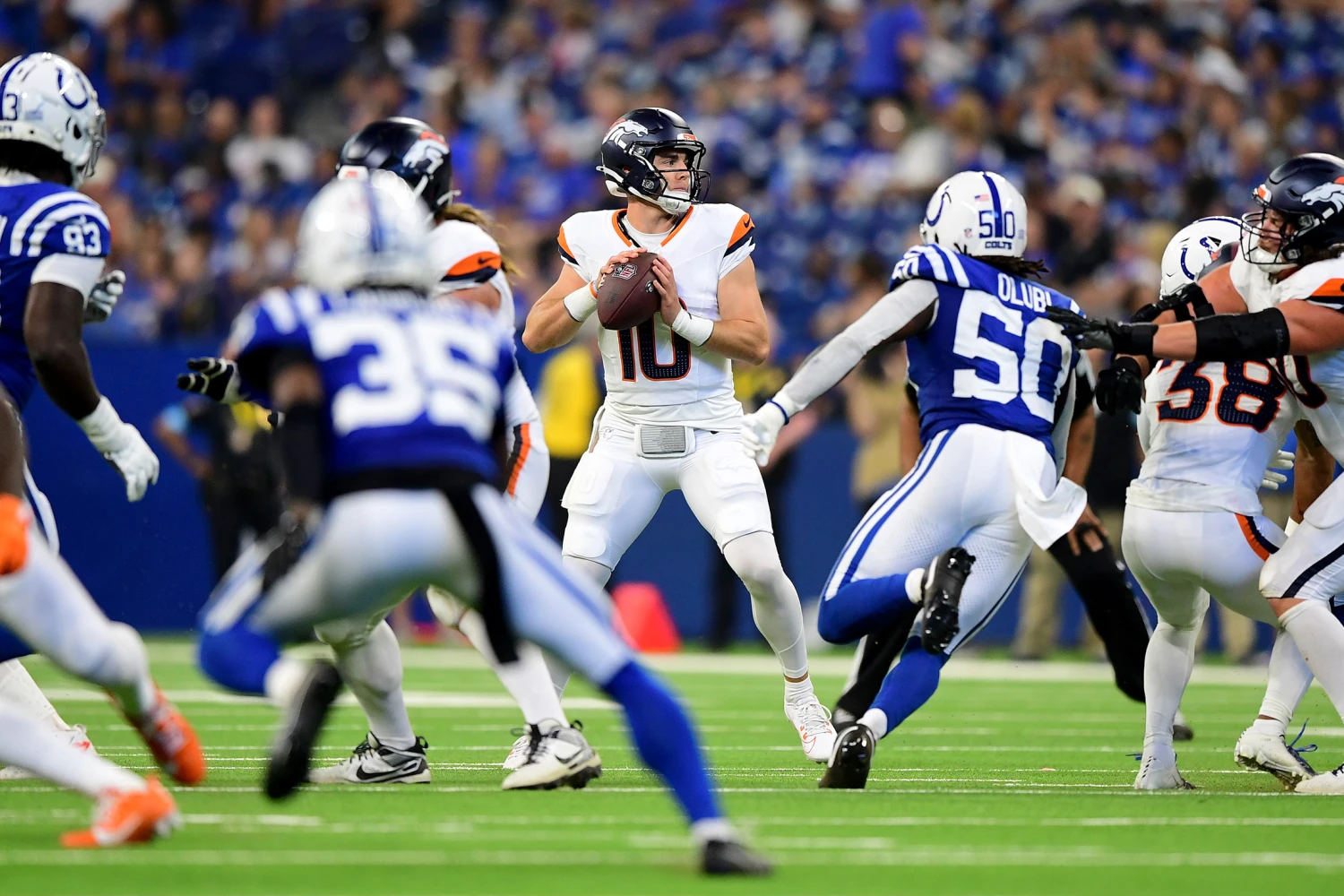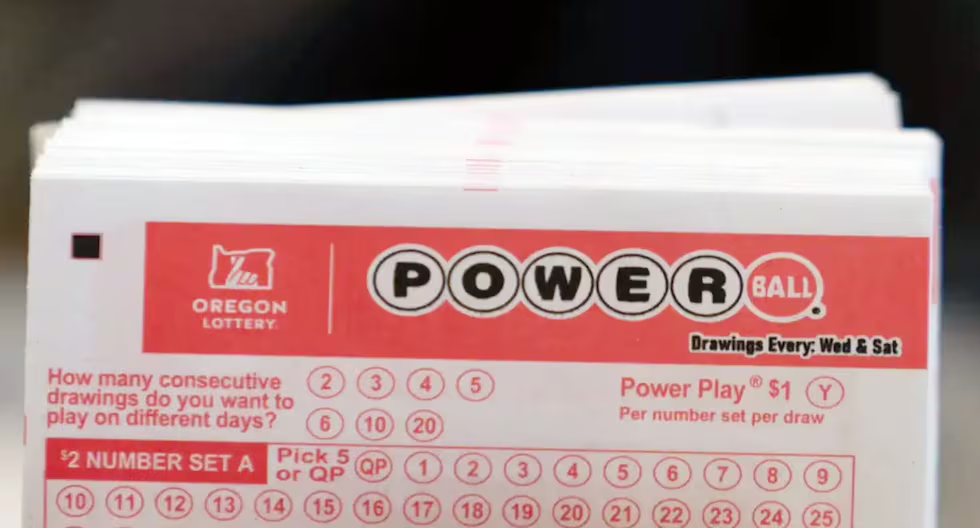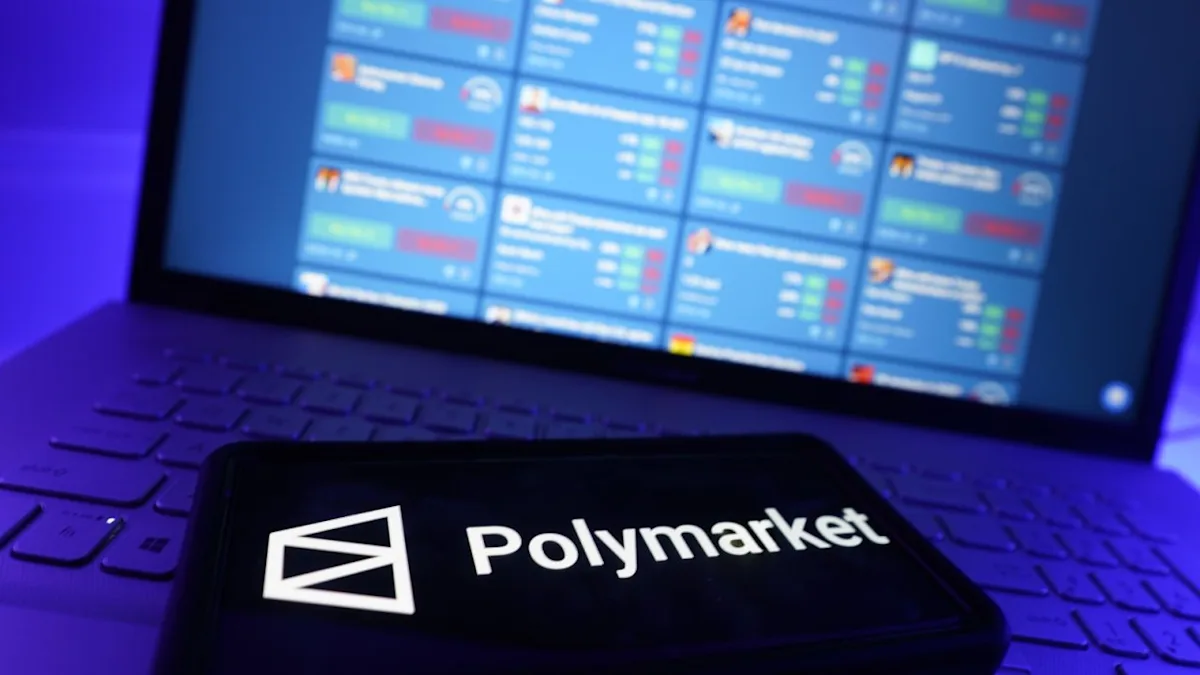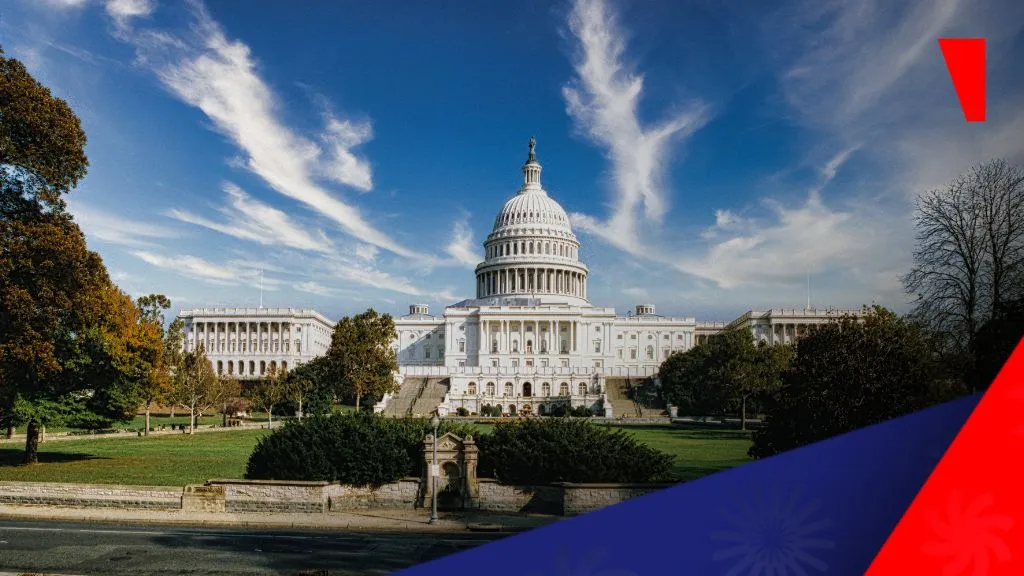The NFL trade deadline isn’t just a headline grabber for fans, it’s a turning point that reshapes betting markets across the United States. When a star quarterback gets traded, a wide receiver joins a contender, or a defensive anchor is shipped off, oddsmakers don’t wait until Sunday to react. The lines shift immediately, reflecting both the player’s impact on the field and the public perception of how much that move matters.
For bettors, this period can be a goldmine, or a trap. Sportsbooks will adjust spreads, totals, and futures odds within hours of a deal being reported. Meanwhile, the betting public often rushes in with emotional wagers, creating inefficiencies and opportunities for sharp players who know where the real value lies.
Also read: Casino operators in Nevada expand their reach in California’s gold belt.
This guide breaks down how the NFL trade deadline influences betting lines, which factors matter most, and how US bettors can approach this chaotic period with a smarter, more disciplined strategy.
How sportsbooks react to trades
Oddsmakers consider several factors before adjusting lines:
- Player position and value: Quarterbacks cause the biggest swings. A Pro Bowl cornerback or left tackle will move the line too, but not as dramatically.
- Team context: Adding talent to a playoff contender has a different impact than sending that same player to a struggling team.
- Timing: A deal in Week 8 means a player may only influence half the season, which affects futures differently than immediate point spreads.
Impact on point spreads and totals
- Point spreads: If a quarterback is traded midweek, the line can shift by several points. Other positions usually move the spread less, but depth matters—especially with offensive line or secondary units.
- Totals (over/under): A high-profile offensive addition can bump totals upward, while a defensive trade may lower them. However, public overreaction often exaggerates the change.
Effect on futures markets
Futures are where the trade deadline has the most visible impact:
- Super Bowl odds: A contender landing a star receiver or pass rusher often sees shorter odds, drawing more public money.
- Division and conference futures: These markets can swing significantly when a trade strengthens or weakens a playoff race rival.
- Player awards: An MVP or Offensive Player of the Year candidate joining a high-powered system can suddenly surge in odds.
Also Read: The California Clean Sweeps Bill Passes the Legislature
Opportunities and risks for bettors
Opportunities:
- Fade the hype: If the public overreacts to a splashy trade, lines may become inflated. Betting against the hype can yield value.
- Undervalued depth moves: Low-profile trades, like a backup lineman or a run-stopper, rarely move the line but can impact game flow, offering sharp bettors an edge.
Risks:
- Overestimating impact: Players need time to learn playbooks and fit into schemes. Immediate on-field value is often smaller than headlines suggest.
- Chasing steam: Jumping on a line that has already moved drastically leaves little value.
Smart betting strategies around the trade deadline
- Monitor lines quickly: Markets adjust fast. Being early matters.
- Evaluate the system fit: A receiver joining a run-heavy team may not boost scoring much.
- Track futures immediately: The best value on futures comes before the public piles in.
- Balance hype vs reality: Focus on under-the-radar moves rather than headline trades.
FAQs
Q1: Which NFL trades move betting lines the most?
Quarterbacks have the biggest effect, followed by elite receivers, pass rushers, and key linemen. Depth moves rarely shift lines immediately.
Q2: Do sportsbooks overreact to big trades?
Not usually, books move cautiously. But the public tends to overreact, and that’s where sharp bettors find value.
Q3: How quickly do betting lines change after a trade?
Within hours. In some cases, sportsbooks pull lines temporarily until the market stabilizes.
Q4: Are futures bets better before or after the trade deadline?
Before the public rush. Odds tighten quickly once major trades are announced.
Q5: Do players traded midseason always make an impact right away?
Not necessarily. Learning a new system takes time, so immediate returns may be limited despite media hype.








